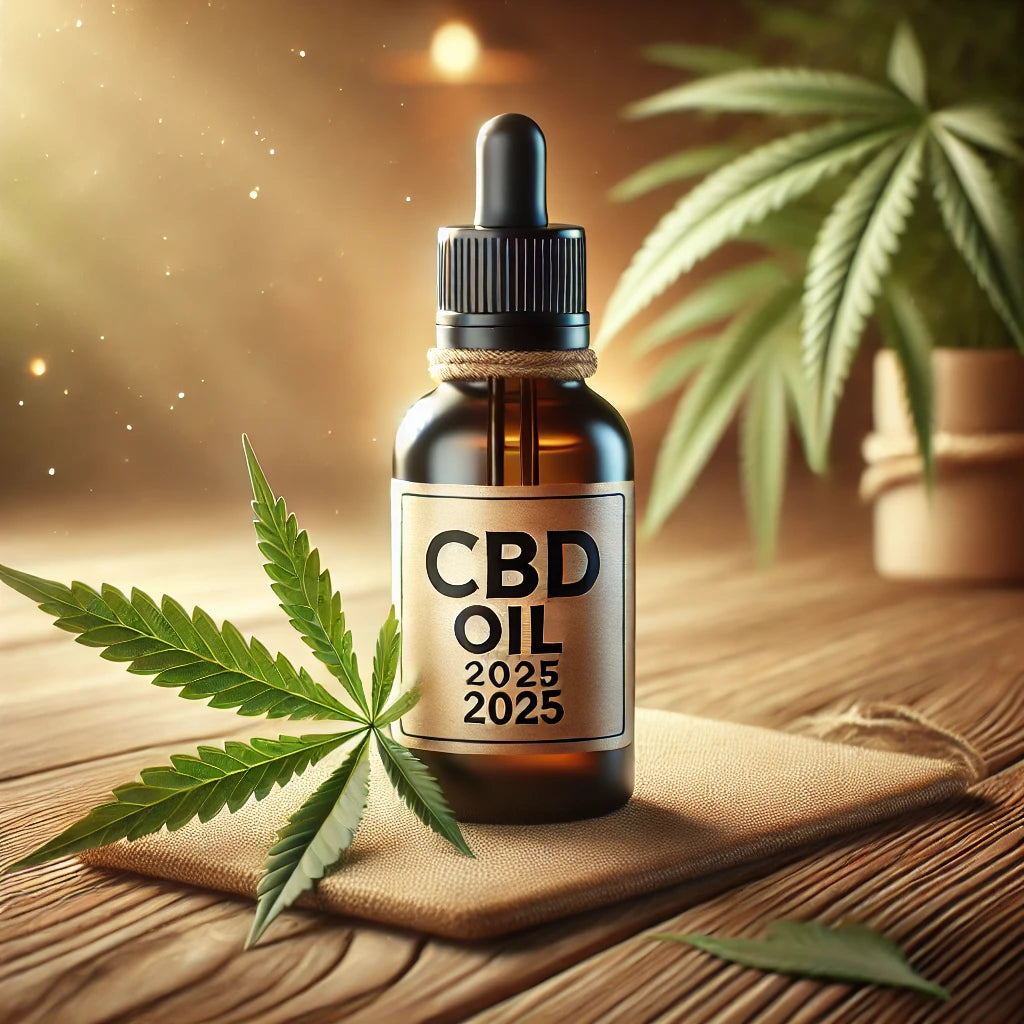
How is CBD formed? Complete guide
CBD, or cannabidiol, is a natural compound found in hemp that is becoming increasingly popular due to its potential health properties. But how is CBD actually formed? In this article, we'll take a closer look at the entire process from growing hemp to the final product. You'll learn what extraction techniques are used and how CBD affects the body's immunity.
Cultivation of hemp
Plant selection
The CBD manufacturing process begins with choosing the right hemp strain. The most commonly used hemp (Cannabis sativa), which contains a high concentration of CBD and low levels of THC, ensures that no psychoactive effects occur.
Growth conditions
Hemp is grown under controlled conditions to ensure the highest quality of the plant. It is important to properly water, fertilize and protect against pests. After ripening, the plants are harvested and dried.
CBD extraction
Decarboxylation
Before extraction begins, dried hemp is decarboxylated. This process involves heating the plant material, which converts cannabidiolic acid (CBDa) into the active form of CBD.
Extraction methods
CO2 extraction
One of the most advanced methods is CO2 extraction. It uses supercritical CO2, which dissolves cannabinoids in a gaseous and liquid state without leaving any harmful residue.
Extraction with ethanol
Another common method is ethanol extraction. The plants are soaked in ethanol, which dissolves the cannabinoids. After filtration, the ethanol evaporates, leaving behind concentrated CBD oil.
Oil production
This method is based on the use of vegetable oil such as olive oil. Hemp is heated in oil, which releases cannabinoids. This is a simpler method, but less effective.
Cleaning and testing
After extraction, the CBD oil is purified to remove residues. The product is then tested in laboratories to ensure that it contains a sufficient concentration of CBD and a minimal amount of THC.
Production and assembly
The final step is the composition of the finished product. Refined CBD oil is added to a variety of foods such as oils, capsules, creams and drinks. Manufacturers often add other ingredients to improve the taste and smell of products.
Effect of CBD on the body’s immunity
Endocannabinoid system
CBD affects the endocannabinoid system (ECS), which plays a key role in regulating immunity. CB2 receptors, found in cells of the immune system, are modulated by CBD, which may support immune health.
Anti-inflammatory properties
CBD has anti-inflammatory properties that help reduce inflammation in the body. This, in turn, can support immune system function.
Antioxidant effect
CBD also acts as an antioxidant and protects cells from oxidative stress, which is beneficial for the body's immunity.
Stress relief
Stress negatively affects the immune system. CBD helps reduce stress and anxiety, which can indirectly support immune system health.
Summary
The process of CBD formation is complex and requires precise methods to obtain a high-quality product. From growing hemp to final production, every step is crucial to ensure the purity and potency of CBD. In addition, CBD can support the immune system, making it a valuable addition to everyday life.
Through this article, you have learned how CBD is formed and the benefits it can bring to your body. If you are interested in more information about CBD , follow our blog!
- ##AntiOxidantien
- ##Anxiolytika
- ##Cannabidiol
- ##Cannabinoide
- ##CBD
- ##CBDÖl
- ##CBDProduktion
- ##CO2Extraktion
- ##Dekarbosylierung
- ##Endocannabinoidsystem
- ##Entzündung
- ##Ethanolextraktion
- ##Gesundheit
- ##Hanf
- ##Hanfextraktion
- ##Immunsystem
- ##Naturheilkunde
- ##Pflanzenextrakte
- ##Schlafqualität
- ##Schmerzlinderung
- ##Stressabbau
- ##Wellness
Share


